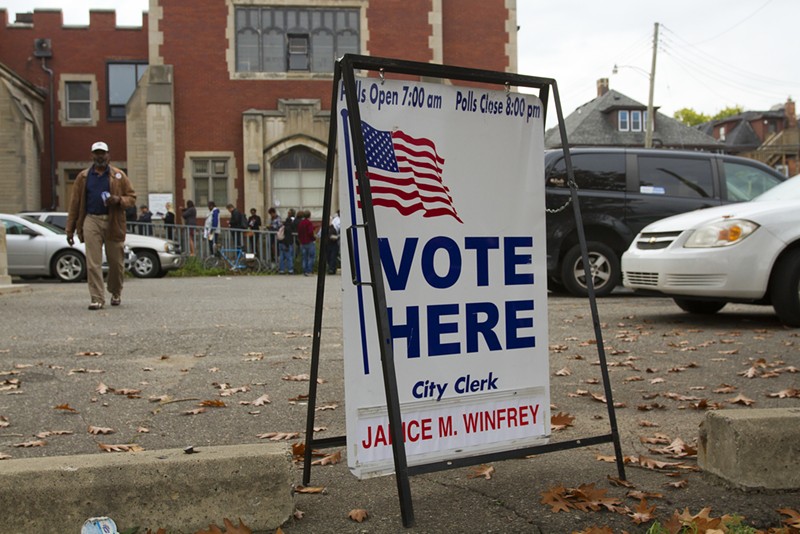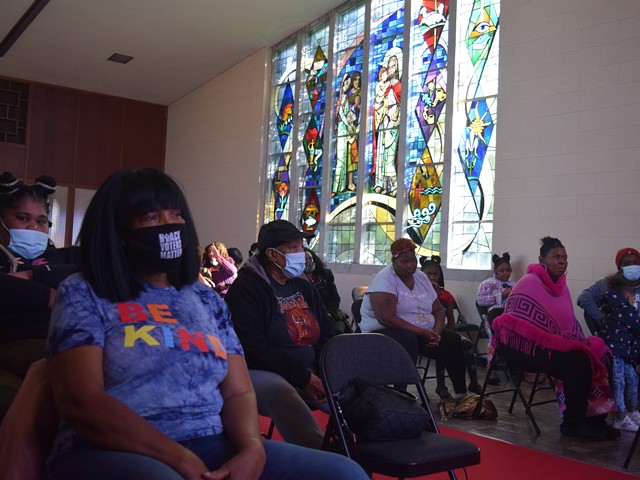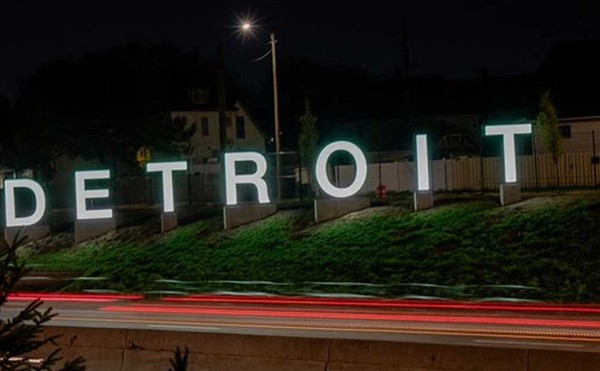Michigan GOP voting initiative would eliminate 20% of polling places, creating ‘panic’ among clerks, study says
[
{
"name": "GPT - Leaderboard - Inline - Content",
"component": "35519556",
"insertPoint": "5th",
"startingPoint": "3",
"requiredCountToDisplay": "3",
"maxInsertions": 100
}
]
A controversial, Republican-led petition drive to restrict voting access would eliminate 20% of all polling locations, a new report found.
The Secure MI Vote petition would ban clerks from accepting donated spaces such as churches, schools, and senior centers for polling locations. In Michigan, one of every five polling locations is a church, according to Secure MI Vote: Creating Insecurity for Community Polling Places, a study by Progress Michigan, a progressive nonprofit that advocates for voting rights.
“This ban on donated polling locations will cause confusion and disruption for voters, leading to voter disenfranchisement, create challenges for clerks, who would have to find new polling locations or reduce the number of polling locations available, and would increase costs for election administration,” Sam Inglot, deputy director of Progress Michigan, said Wednesday.
The study found that nearly half of the counties in Michigan use at least one church or other place of worship as a polling location, and churches account for all of the polling places in 28 cities and townships.
In 11 cities and townships, places of worship account for at least 50% of polling locations. In some rural townships, including Hazelton in Shiawassee County and Mussey Township in St. Clair County, the only polling location is a church.
In Wayne County, 109 of the 471 polling locations are inside a church or other place of worship, the most in the state.
Barring polling locations from places of worship will make it very difficult for clerks to find alternative sites because of the lack of other options and the additional costs of renting space, said Delta Township Clerk Mary Clark, president of the bipartisan Michigan Association of Municipal Clerks.
“I wake up in the middle of the night and think, ‘Where am I going to put 26,000 voters?’” said Clark, whose township uses church for 12 of its 16 precincts. “There are townships that don’t have a township hall. What are you going to do in a small community?”
She added, “It’s arming, it’s frustrating, and it’s scary. … It’s starting to create panic about how we are going to manage this.”
Clark asked her membership about the Secure MI Vote petition, and said 82% of the respondents – both Republicans and Democrats – were opposed to “at least some components” of the measure. She said none of the authors of the petition drive sought her input.
The conservative group behind the initiative began collecting signatures last month after the Michigan Board of State Canvassers approve the language of the petition.
The petition is intended to enable Republican state lawmakers to circumvent a veto from Gov. Gretchen Whitmer. A peculiarity in Michigan’s constitution allows the Legislature to bypass the governor and approve a law if more than 340,000 voters — or at least 8% of the total number of votes cast in the last gubernatorial election — sign a petition to create a ballot initiative.
Secure MI Vote will have six months to collect the minimum number of signatures to allow lawmakers to vote on it. The petition calls for imposing strict photo ID requirements on voters who cast a ballot at polling locations or by absentee. The initiative would also bar the Secretary of State and clerks from sending unsolicited ballot applications, as was done in the 2020 presidential election, when a record 3.3 million people voted absentee.
Under the proposal, absentee voters would be required to submit a photocopy of their driver’s license or state ID or the last four digits of their social security number to request a ballot. To cast a ballot in person, voters would be required to show their driver’s license or state ID. Under the current law, voters who don’t have access to a photo ID can sign an affidavit attesting to their identity. The initiative would ban the use of affidavits and instead require voters to sign a provisional ballot, which would only be counted if voters present their ID to their local clerk’s office within six days of the election.
The ballot drive is just the latest effort by Republicans to impose new restrictions on voting after then-President Donald Trump and his ardent supporters repeatedly made baseless claims that the election was mired in widespread fraud.
Stay connected with Detroit Metro Times. Subscribe to our newsletters, and follow us on Google News, Apple News, Twitter, Facebook, Instagram, or Reddit.







